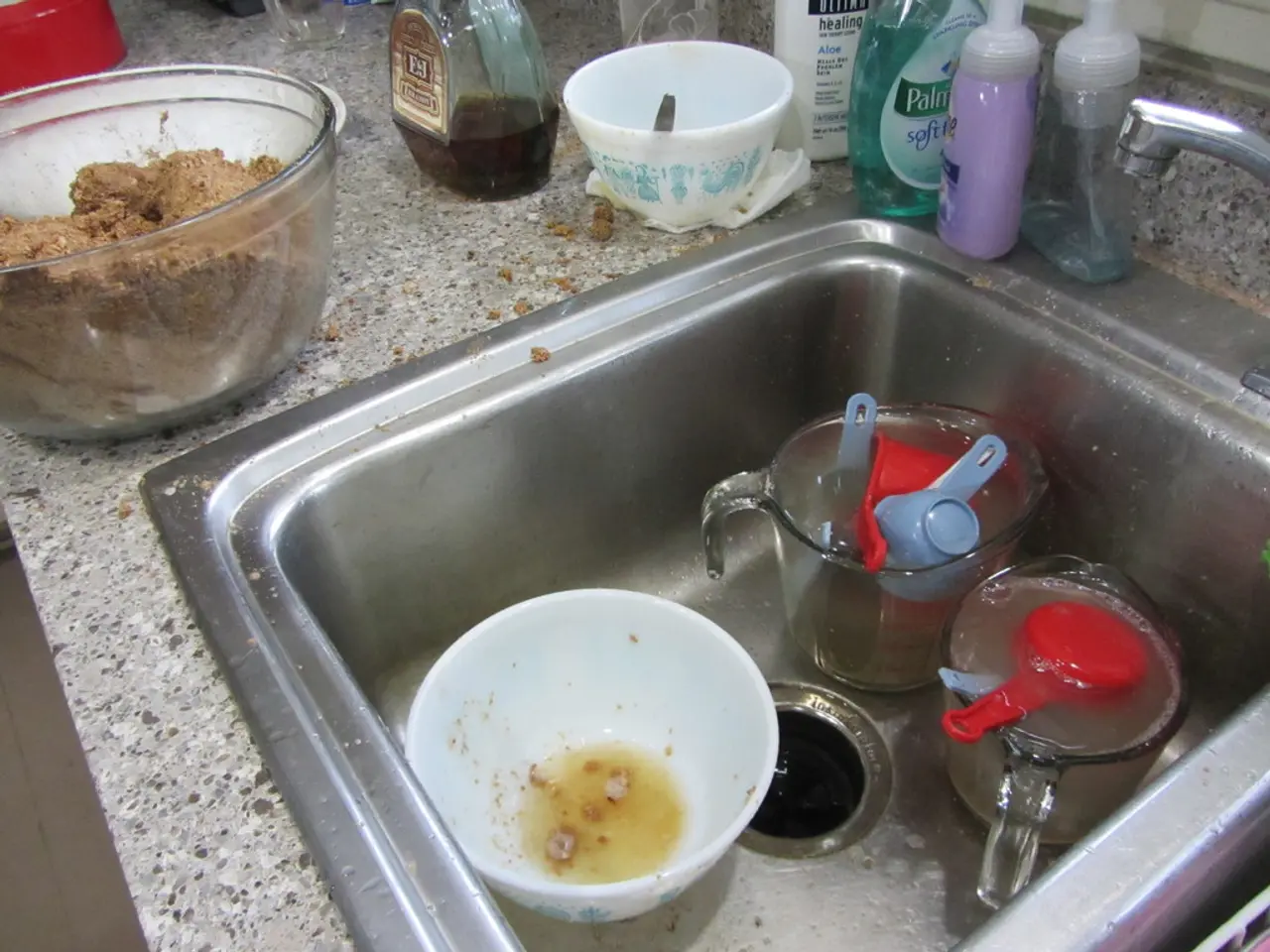Microbiome's Impact on Emotional States, Judgement, and Mental Health Conditions
The intricate relationship between the gut and the brain, known as the gut-brain axis, is shedding light on the significant influence of the gut microbiome on mental health and cognitive function. This connection means that the health and composition of gut bacteria can directly impact brain function, mood regulation, and cognitive performance.
One key mechanism through which the gut microbiome affects mental health and cognition is neurotransmitter production. Gut bacteria produce and regulate neurotransmitters essential for mood and cognitive function. About 95% of the body's serotonin, critical for mood regulation, as well as dopamine (motivation and reward), GABA (calming/anxiety reduction), and norepinephrine (stress response and attention), are influenced by the gut microbiome.
Another crucial aspect is synaptic plasticity and neural structure. Alterations in the gut microbiota are linked to changes in synaptic plasticity—the brain’s ability to reorganize and form new neural connections, which is crucial for learning and memory.
The gut microbiome also impacts systemic inflammation, which has known impacts on brain health and mood disorders. An unhealthy gut microbiome, often caused by poor diet, can lead to dysbiosis—a microbial imbalance linked to increased inflammation, poorer brain function, and mood disorders in both adults and children.
Stress and hormonal regulation are another significant factor. Stress influences gut microbiota composition, while the microbiome can affect stress resilience and emotional regulation. Chronic stress and poor sleep disrupt this system, further impairing gut health and consequently mental well-being.
Maintaining a healthy, balanced gut microbiome—including by consuming fermented foods and avoiding ultra-processed foods—supports both brain function and mental health. This interplay suggests that interventions targeting the gut microbiome may complement traditional treatments for mood disorders and cognitive impairments.
Different bacterial species specialize in different neurotransmitter production. Lactobacillus bacteria excel at manufacturing GABA, Bifidobacterium species focus on serotonin production, and Enterococcus bacteria produce dopamine. On the other hand, dysbiotic gut bacteria produce inflammatory compounds that activate immune responses in the brain, leading to neuroinflammation characteristic of depression.
Depression may actually be an inflammatory condition triggered by bacterial imbalances rather than a purely psychological disorder. The reverse is equally true: healthy gut bacteria can transplant resilience and emotional stability. People can predict their gut bacterial composition with accuracy based on their food cravings and dietary preferences.
The vagus nerve serves as a high-speed information superhighway between the gut and brain, allowing gut bacteria to directly influence brain function without relying solely on bloodstream transport. Recent research reveals that when researchers transfer gut bacteria from depressed humans into germ-free mice, the animals develop depression-like behaviors.
Understanding this partnership opens new possibilities for healing that work with your biology rather than against it, offering hope for those who haven't found relief through traditional approaches. Maintaining a healthy gut microbiome throughout life appears to protect against dementia and Alzheimer's disease.
In conclusion, the gut microbiome influences mental health and cognitive function primarily by producing neurotransmitters, modulating synaptic plasticity, regulating inflammation, and interacting with the stress-response system through gut-brain communication pathways. This new understanding of the gut-brain axis offers a promising avenue for addressing mental health challenges and cognitive impairments.
Read also:
- Inevitable Cancer Development Linked to Pfizer and Moderna COVID Vaccines Can Be Combated with Ivermectin
- Weekly Sustainability Update: August 5 - 10, 2025 Edition
- Vegetation Can Also Fall Ill!
- International body, United Nations, inaugurates a scientific committee to provide guidance on chemical contamination; however, the panel's longevity remains questionable.








